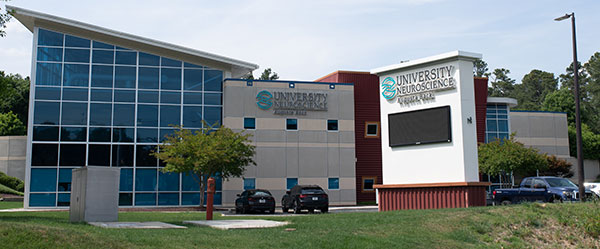Brain tumorBeing diagnosed with a brain tumor, or even suspecting a brain tumor as the cause of a neurological disorder, can be frightening. The good news is that about half of all brain tumors are benign and can be successfully treated. SymptomsSymptoms of brain tumors generally develop slowly and worsen over time unless they are treated.
DiagnosisEach year, more than 100,000 people will be diagnosed with a brain tumor or spinal cord tumor. Brain tumors can happen to anyone. While they occur across all age groups, they appear more frequently in children under the age of 15 and in older adults. Adults are more likely to have a metastatic brain tumor, while spinal cord tumors seem to occur more in younger adults. According to the Central Brain Tumor Registry of the United States, about 10.9 out of 100,000 people in the U.S. will have a benign or malignant brain tumor in their lifetime. Out of every case of cancer annually, brain tumors represent only 1.3 percent. The incidence of malignant brain tumors is 6.1 per 100,000 people. The diagnosis of a brain tumor can imply cancer, but it is important to note that not all brain tumors are cancerous. Some non-cancerous, benign tumors can be just as dangerous as cancerous tumors if they form in the brain stem or spinal cord. Some brain tumors can be treated successfully. "Brain Tumors in Children," a book published in 1994, reports encouraging statistics that state 60 percent of all children with brain or spinal cord tumors will survive into adulthood. TreatmentIn many cases, surgery is required to remove the tumor. Radiation and chemotherapy are also used. During surgery, the neurosurgeon will aim at removing the entire tumor since residual tumor cells can cause the tumor to recur. After surgery, radiation therapy may be used to eliminate the portion of the tumor that could not be removed surgically. Radiation may be used when surgery is too risky. Steroids may also be prescribed in order to reduce swelling. For information about clinical trials related to brain tumor treatment, call the National Cancer Institute for a listing of NCI-sponsored trials at 1-800-4CANCER, or visit their Web site at http://braintumor.org.  Website Design & All Educational Content © Copyright 2023 Prizm Development Website Design & All Educational Content © Copyright 2023 Prizm Development Developing Centers of Excellence for Better Healthcare. Prizm is the most experienced developer of spine and orthopedic centers in the U.S. with content-rich educational web sites for spine surgeons, neurosurgeons, orthopaedic surgeons and physical medicine physicians.
706-724-9607· AugustaBack.com
|

 Brain tumors |
Brain tumors | 





